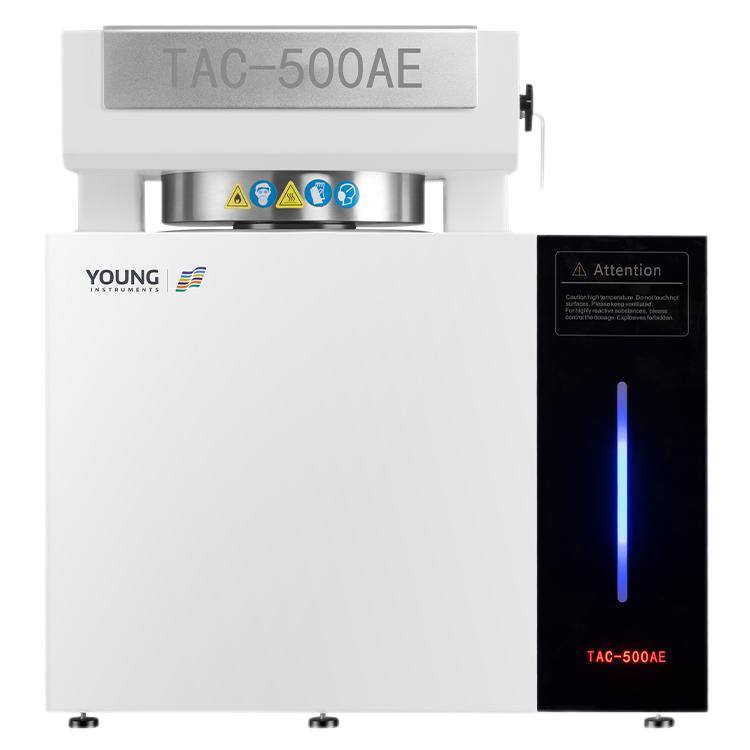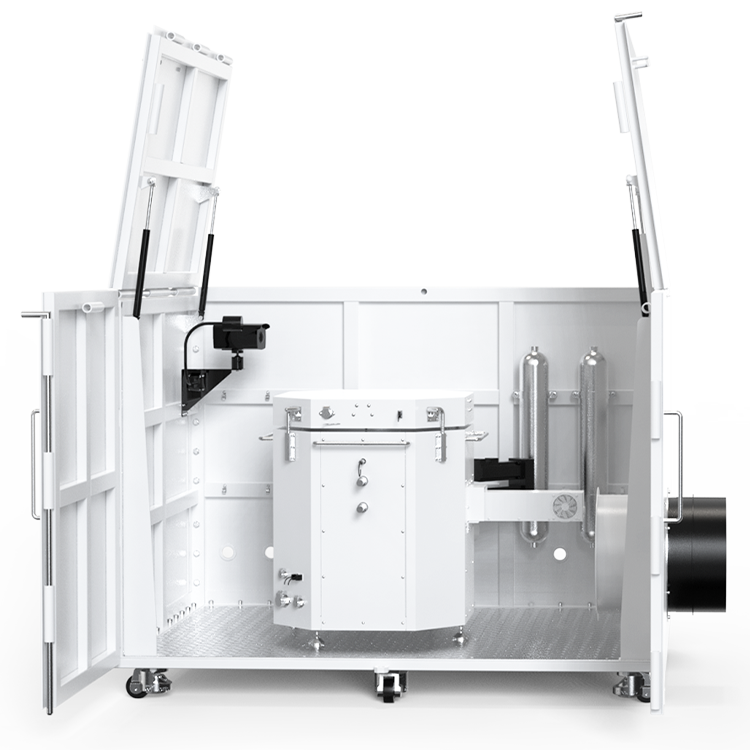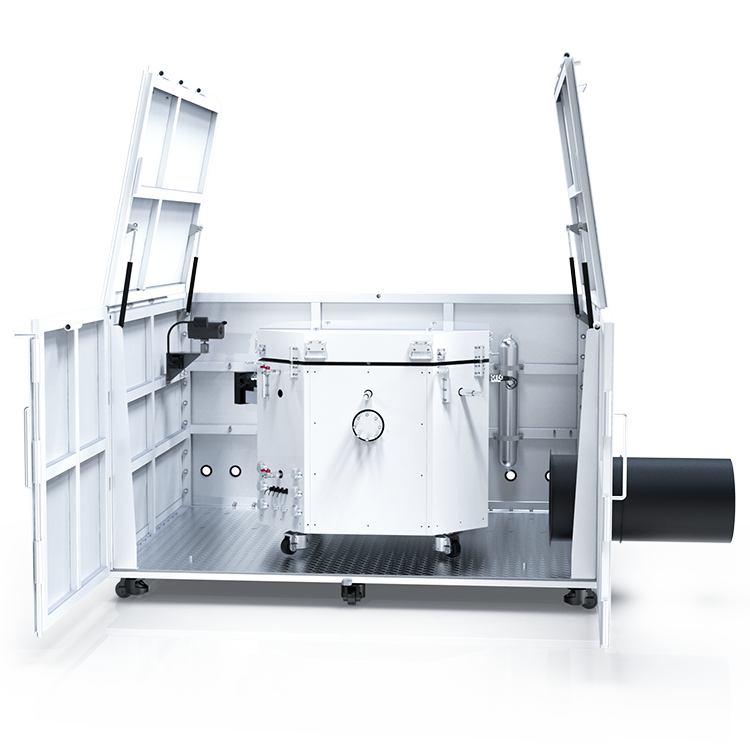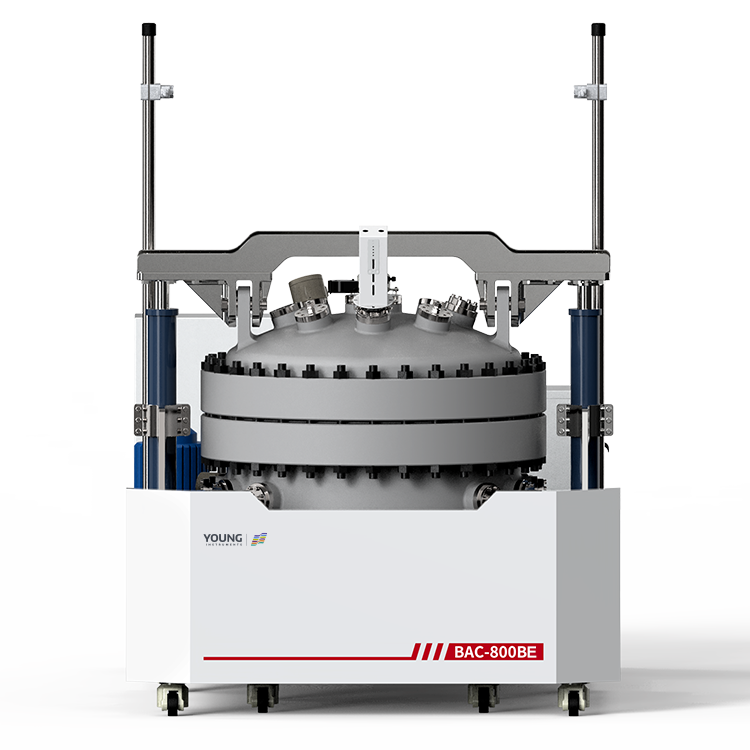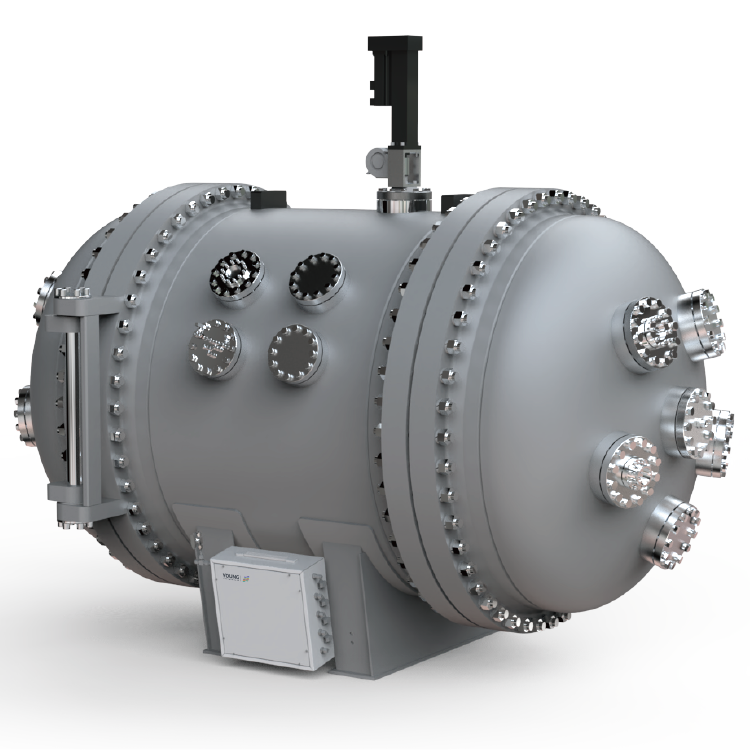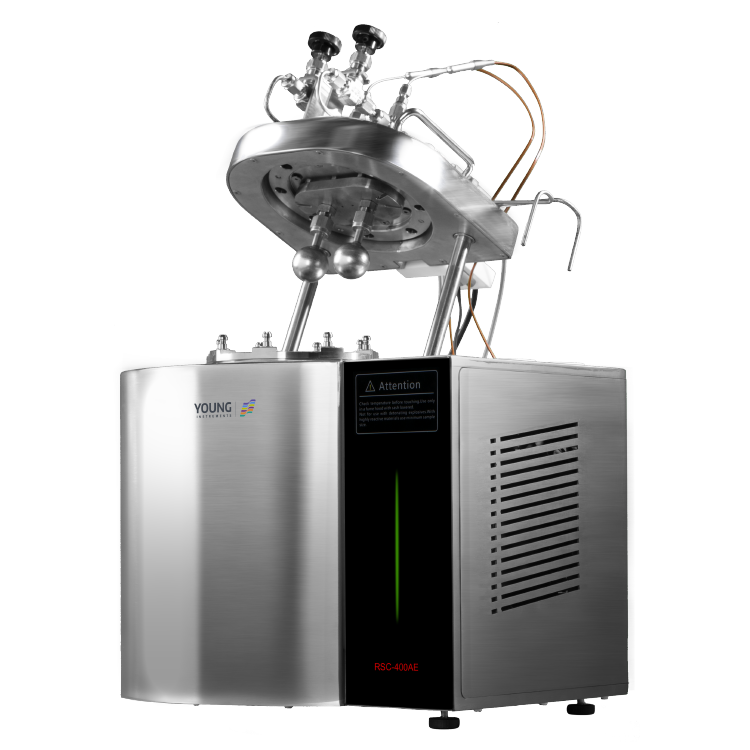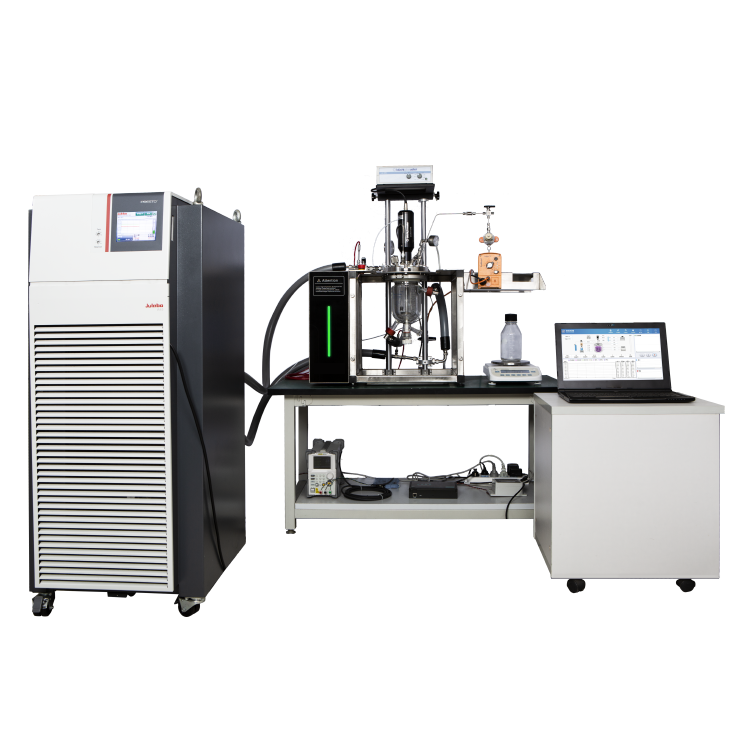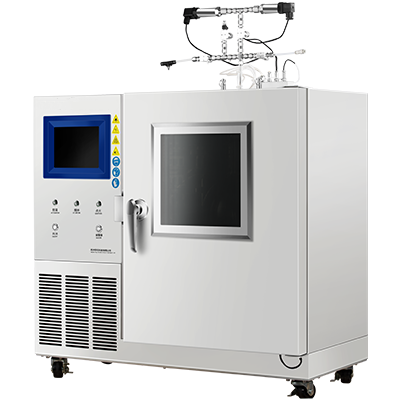Battery Calorimeter: Essential Tool for Evaluating Thermal Stability and Safety in Lithium-Ion Batteries
With the rapid advancement of battery technology, energy density and power density are continuously increasing, raising significant safety concerns. Thermal runaway in batteries, a primary safety issue, can result in fires and explosions. Analyzing and understanding thermal runaway is crucial, and Battery Calorimeters are essential for this purpose. These devices include battery adiabatic calorimeters and battery isothermal calorimeters, each designed to evaluate different aspects of battery thermal behavior and stability.
Definition of Battery Adiabatic Calorimeter
Importance in Thermal Stability Evaluation
A battery adiabatic calorimeter is crucial for assessing the thermal stability and thermokinetic parameters of lithium-ion batteries during thermal runaway. It measures key parameters such as self-heating onset temperature (Tonset), thermal runaway onset temperature (TTR), maximum temperature during thermal runaway (Tmax), venting temperature (Tv), maximum temperature rise rate ((dT/dt)max), and thermal runaway incubation time (∆t). These measurements help in designing battery thermal management systems, determining safety boundaries, and enabling the prevention and early warning of thermal runaway.
Sensitivity and Accuracy
The core technical feature of a battery adiabatic calorimeter is its sensitivity in detecting self-heating. This sensitivity directly impacts the accuracy of measuring critical temperature points, such as the self-heating onset temperature (Tonset). High detection sensitivity is achieved through optimal structural design, precise temperature measurement technology, and efficient temperature control algorithms. These elements ensure accurate and reliable performance of the calorimeter.
Design and Performance
To achieve excellent adiabatic performance, a battery adiabatic calorimeter must incorporate an ideal structural design. This includes precise temperature measurement technology to accurately capture thermal events and efficient temperature control algorithms to maintain stability and accuracy. Together, these features enable the instrument to provide high sensitivity and accurate measurements, making it an indispensable tool for researchers and engineers working on lithium-ion battery safety and thermal management.
Product Introduction
Overview of BAC-420AE
The BAC-420AE is a vented adiabatic accelerated calorimeter widely recognized for its effectiveness in studying the thermal runaway and thermal propagation mechanisms in prismatic, pouch, and other battery cells and small modules. This sophisticated device comprises an adiabatic chamber, an explosion-proof box, and an electronic control system. It is designed to provide precise and reliable measurements, essential for understanding and managing battery safety.
Safety Features
Safety is paramount in the BAC-420AE design. The furnace lid utilizes a spring lock design, which can pop up to provide quick pressure relief if internal pressure becomes too high, preventing potential accidents. Additionally, burst discs are installed inside the chamber for further protection. The explosion-proof box features a mechanical safety interlock device, constructed with a steel plate thickness of 3.5mm. A high-flow exhaust system is also installed to ensure the safety of experiments by efficiently managing any pressure build-up.
Large Size for Versatile Testing
The BAC-420AE boasts a large furnace chamber with a diameter of 420mm and a depth of 520mm, making it capable of accommodating lithium battery samples ranging from 100mm to 600mm in length. This large size provides flexibility and allows for a wide range of battery types and sizes to be tested, making the BAC-420AE a versatile tool for various research and testing needs.
High Precision Measurements
Precision is a key feature of the BAC-420AE. The high-precision, low-drift temperature measurement module, coupled with semiconductor temperature control, enhances the system’s test stability and accuracy. This ensures real-time tracking, environmental adiabaticity, and precise calorimetry, which are crucial for obtaining reliable data on battery behavior under different conditions.

Multifunctional Capabilities
The BAC-420AE is multifunctional, supporting a variety of tests and analyses. These include thermal abuse, electrical abuse, mechanical abuse, specific heat capacity testing, visual/infrared imaging, thermal runaway gas analysis, and charge/discharge heat generation testing. This versatility makes it an essential instrument for comprehensive battery safety and performance evaluation.
Specifications
The BAC-420AE features an adiabatic furnace with a diameter of 420mm and a depth of 520mm. It offers a self-exothermic detection sensitivity 0.02°C/min to 0.05°C/min. The temperature difference between the furnace and sample in constant temperature mode is less than 0.5°C. The temperature control range extends from room temperature to 300°C, with a temperature tracking rate between 0.02°C/min and 13°C/min. The sealed canister pressure range is from 0 to 2MPa. The maximum needle travel can be set through software, and the charge and discharge column overcurrent capability ranges from -500A to 500A.
Product Applications
- Cell Thermal Runaway
The BAC-420AE is essential for conducting thermal stability risk screening tests to determine the safe operating range and temperatures of battery cells. It helps identify the onset temperature of exothermic reactions and thermal runaway, crucial for preventing accidents.
- Specific Heat Capacity of Cells
The device supports specific heat capacity testing of battery cells at both high and low temperatures, providing valuable data for thermal management system designs and enhancing battery performance under various conditions.
- Evaluation of Mechanical and Electrical Stress Impacts
The BAC-420AE assesses the effects of mechanical and electrical stress on thermal runaway. This evaluation helps in understanding how physical and electrical abuses contribute to safety risks, aiding in the development of more robust batteries.
- Overcharge/Over-discharge Thermal Runaway
This calorimeter is used to test thermal runaway scenarios due to overcharge and over-discharge, enabling researchers to develop strategies to mitigate these risks and improve battery safety.
- Adiabatic Heat Generation of Cells
The BAC-420AE measures the adiabatic heat generation of cells, providing insights into the thermal characteristics and behavior of batteries under adiabatic conditions. This information is vital for designing effective thermal management systems.
- Thermal Cycling Heat Generation Testing
The device tests heat generation during thermal cycling, helping researchers understand the thermal dynamics of batteries during repeated charge and discharge cycles, which is important for battery longevity and safety.
- Determination of Gas Types and Quantities Generated
The BAC-420AE identifies and quantifies the types of gases generated during thermal runaway. This analysis is critical for understanding the chemical processes occurring during thermal events and for designing safety mechanisms to manage gas emissions.
Summary
The Battery Calorimeter is a vital instrument for assessing the thermal stability and safety of lithium-ion batteries. As battery energy and power densities increase, so do concerns about thermal runaway and other safety risks. Battery Calorimeters, including battery adiabatic calorimeters, battery isothermal calorimeters, and so on, are key to understanding and mitigating these risks by providing critical data on thermal behavior. This data assists researchers and engineers in creating safer, more reliable batteries. Devices such as the BAC-420AE, with its advanced features like high precision, large capacity, and multifunctionality, are crucial for in-depth battery safety research. Through thorough testing and analysis, Battery Calorimeters are essential for developing effective thermal management systems and preventing battery-related issues.








